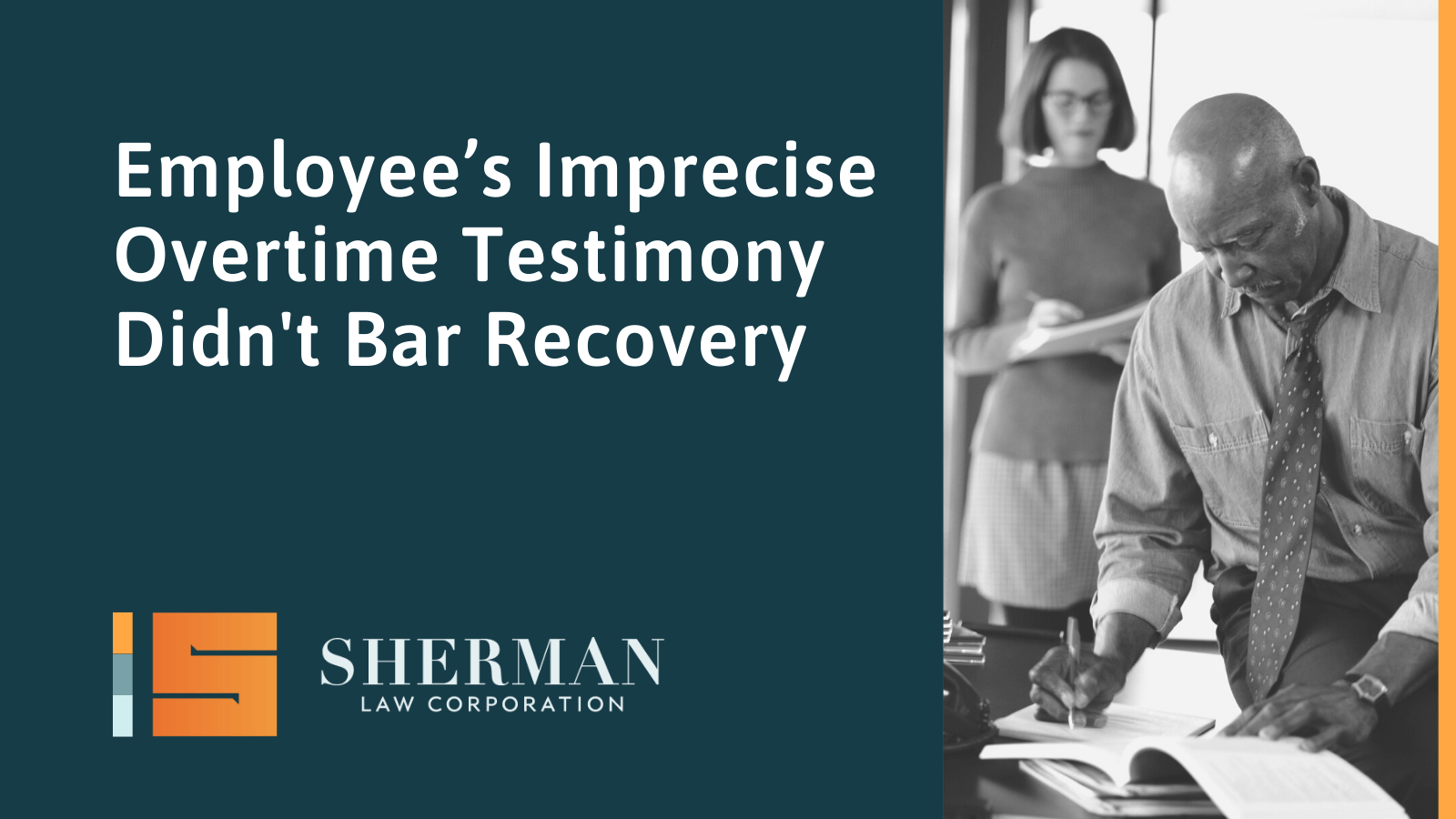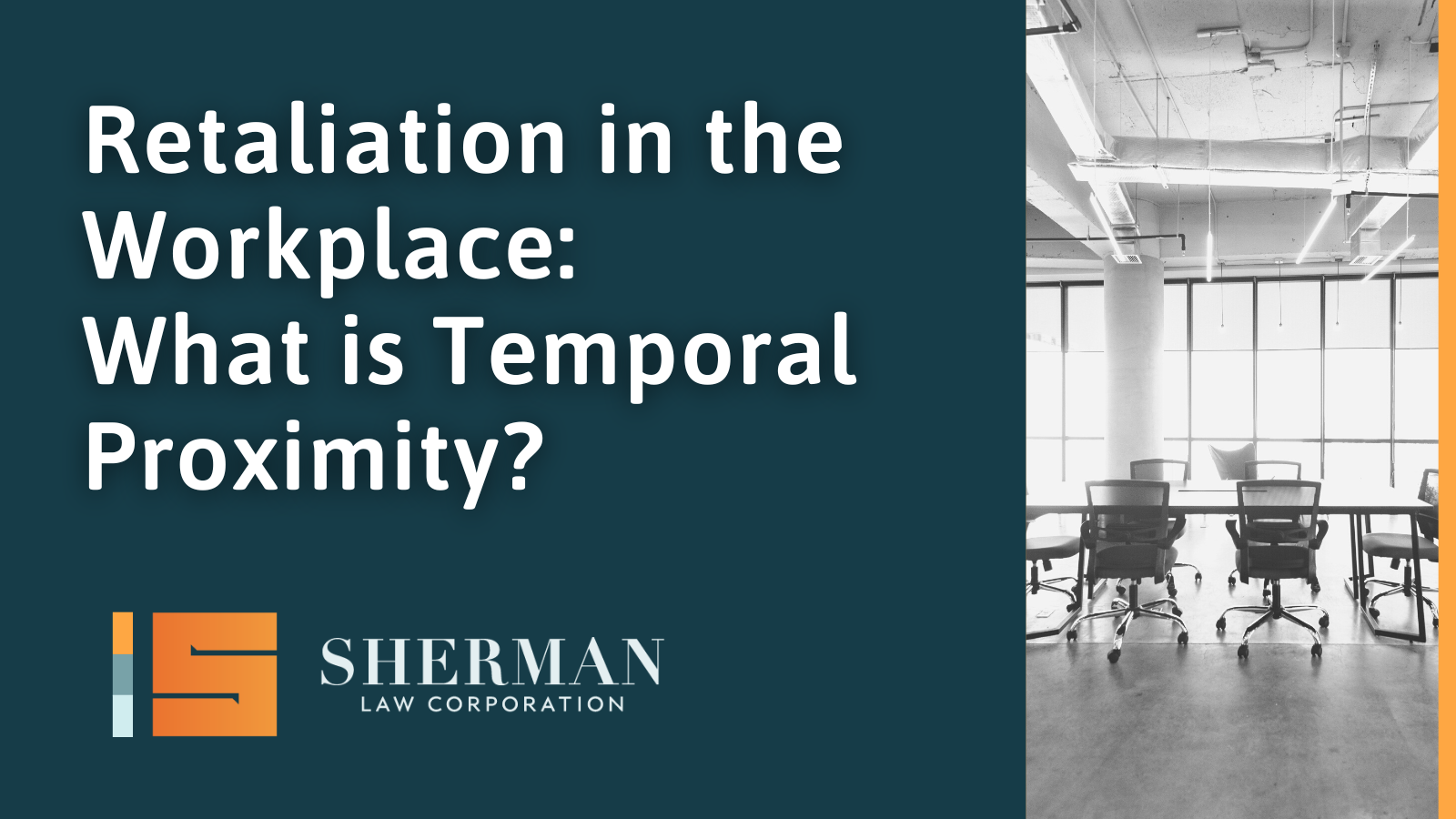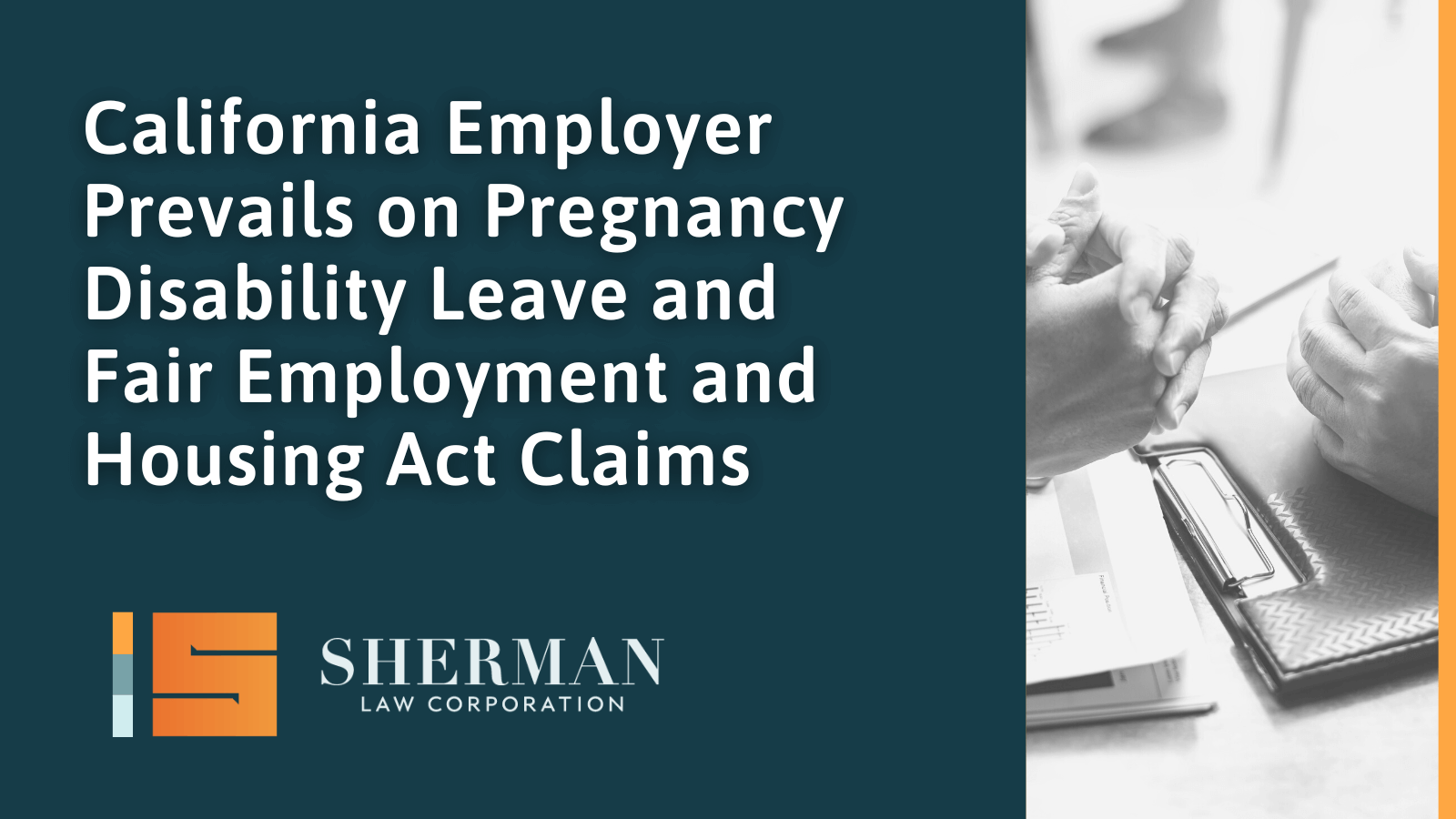
In Furry v. East Bay Pub’g, LLC, 30 Cal. App. 5th 1072 (2019), Terry Furry was employed as a sales and marketing director for the East Bay Express, a weekly newspaper based in Oakland. Mr. Furry alleged that East Bay failed to pay minimum and overtime wages, failed to provide meal and rest breaks, properly itemized wage statements, breach of contract, breach of implied covenant of good faith and fair dealing, violation of the unfair competition law and several other claims that were later dismissed.
The Facts of the Overtime Case:
After a bench trial, the trial court concluded that East Bay failed to meet its burden of proving that Furry was exempt from overtime and related wage and hour requirements. However, because Furry “failed to present sufficient evidence regarding the amount and extent of his [overtime] work” and because his testimony was “uncertain, speculative, vague and unclear,” the trial court declined to award recovery for uncompensated overtime hours because “even a rough approximation of said hours would be pure guess work and unreasonable speculation on the court’s part.” As for meal and rest breaks, the trial court determined that East Bay provided Furry with uninterrupted meal and rest breaks.
The Court’s Holding:
The Court of Appeal reversed the judgment as to the overtime claims because East Bay failed to keep proper records and so “the imprecise nature of Furry’s testimony was not a bar to relief.” The Appellate Court affirmed the judgment as to the meal and rest breaks because Furry failed to prove that East Bay knew or should have known he was working through authorized meal breaks.
The Facts that Supported Fury’s Recovery for Overtime Pay:
As to the overtime claim, the Appellate Court stated that according to the trial court’s statement of decision, it was “uncontested that plaintiff’s normal work day began at 8:30 or 9 a.m. and continued until 5:30 or 6 p.m., depending upon the day and the workload.” Furry’s performance of additional work beyond his regular 40-hour workweek was established through the testimony of himself, and two others, who testified that they knew Furry worked evenings and weekends at times, that the events he was required to attend took place outside of normal business hours, and that Furry created original artwork for East Bay Express to use at events and for advertising campaigns. The appellate court wrote, “[o]nce an employee shows that he performed work for which he was not paid, the fact of damage is certain; the only uncertainty is the amount of damage….In such a case, it would be a perversion of justice to deny all relief to the injured person, thereby relieving the wrongdoer from making any restitution for his wrongful act.”
To prove the number of hours for uncompensated work, prior cases permitted imprecise evidence by the employee. The Appellate Court held that Furry’s testimony was enough to shift the burden to East Bay. Furry’s estimates were based on his recollection of his workload over the years, the duties and tasks he performed in connection with specific events, and the specific tasks that went into creating the artwork and promotional materials used by East Bay Express at the events. For instance, Furry testified that he spent approximately 24 hours to create the promotional animation for the 24-Hour Film Festival by using computer programs to animate the images of falling leaves, one by one. The animation was played during the trial. For the Best of the East Bay event, in which Furry created large paintings of windows for the blues pavilion stage, Furry testified that he spent approximately 28 hours over two weekends and two to three hours after work on the Monday and Friday between those weekends designing the images on a computer, getting the images enlarged, and then applying them to a wood panel, which he then painted. For the Warhol-themed event, Furry testified that he spent approximately 56 hours building the couch, 12 hours building the coffee table, and 16 hours making a painting that resembled Warhol’s work. He estimated spending 28 hours building the bean bag board. Images of these pieces were introduced into evidence at trial.
The fact that Furry had to draw his time estimates from memory was not a basis to completely deny him relief. The employee’s memory satisfied the initial burden, shifting the onus to the employer to either provide a specific detail on the amount of overtime or to disprove by evidence what was not correct with the employee’s figures, which did not happen in the trial court.
Finally, the Appellate Court rejected East Bay’s contention that the trial court’s ruling was a credibility determination entitled to deference. (citations omitted.) Because East Bay could not provide accurate work records, the trial court had a “duty to draw whatever reasonable inferences it can from [Furry’s] evidence.” (citation omitted). Accordingly, the trial court’s refusal to award any damages to Furry on his overtime claim was reversed.
Employer Take-Aways:
This case will be touted by plaintiff’s counsel representing employees in wage and hour claims for the proposition that employees are not barred from recovery on wage and hour claims merely because they cannot prove the actual hours that they worked or the precise damages that they suffered. The facts of this case are critically important in refuting such claims because here — unlike many wage and hour cases — Fury provided detailed estimates as to the estimated number of hours he worked and the specific work he performed, along with witnesses to substantiate his estimate. The employer always has the onus of providing specific detail on the amount of overtime or to disprove by evidence what is inaccurate with the employee’s estimates which is why it is important for employers to perform a detailed workup from available records such as, schedules, parking records, log-in and log outs of computers, emails, texts and co-workers who observed these complainants work and provide a best estimate of hours worked to the Court.




